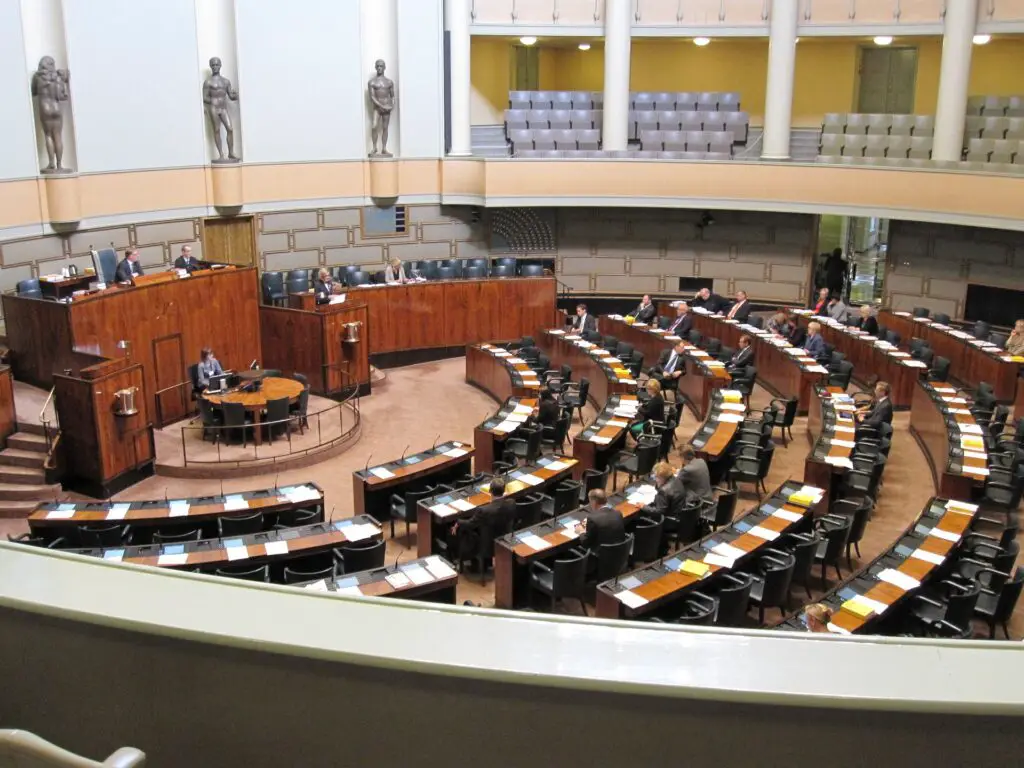October 3, 2022
We hope you enjoy our articles. Please note, we may collect a share of sales or other compensation from the links on this page. Thank you if you use our links, we really appreciate it!
The month of September 2022 has recently passed but it brings me to a bit of reflection about monarchies, autocracies, and republics. First, monarchies: Queen Elizabeth II died the 8th of September 2022. There was much fanfare and ceremony regarding her passing. It may have gone unnoticed except by those English historians and most diehard amateur historians that another famous Elizabeth, Queen Elizabeth I was born on September 7, 1533, nearly exactly 489 years before Queen Elizabeth II’s death. If providence (or coincidence) had more of a say, they would have also shared the same month when one had died (Elizabeth I in March) and the other born (Elizabeth II in April). Close but no cigar!
This, their names, and their fame, are where most would say the similarities end. Elizabeth I politically ruled a country beginning to extend its imperial borders that would eventually cover two-thirds of the word’s land mass. She also engaged in an existential war with the Spanish Empire (remember that pesky Spanish Armada) that preserved Protestant England to this day, and perhaps allowed Protestantism to spread beyond northern Europe and North America to regions far and wide. Elizabeth II, on the other hand, had little to no discernable political power or influence. Although beloved and admired by many heads of state and ordinary citizens throughout the world, she was a figurehead (at best) of a small nation-state with limited sphere of influence, both in Europe and throughout the world.
However, there is something else that is both salient and similar. They both reigned over governments that never became full blown autocracies or tyrannies. In fact, English history is evidenced with the attempts to limit the monarch’s power – from the Magna Carta to the English Civil War, to the Restoration, to the Glorious Revolution, to twentieth-century political reforms whereby the Prime Minister is now the predominant head of government. Some would argue that this is perhaps why India could break from the British Empire without the genocidal crackdown that leaders like Hitler and Stalin could and would impose on the Indian population if India was under tyrannical control instead of pseudo-democratic control. But this is a discussion for another time.
England had avoided long dictatorships or brutal tyrannies for most of its history. Yes, it did have imperial aspirations and made good on them. It treated many of its colonized peoples with brutal subjugation and terror. It deceived, it tortured, it killed – as is the case with most countries, past and present. Yet, it also seemed to mostly try to lean toward democratic frameworks (at least within domestic England itself) when the monarch tried to take too much power. The British have had a long tradition of monarchies and seemed to even accept a figurehead as Elizabeth II than settling for an outright republic (Oliver Cromwell’s very short rule after the English Civil War can be debated whether it was a type of republic, or borderline dictatorship, or something else entirely). Whether the royal tradition continues well into the twenty-first century remains to be seen. Strong and prudent monarchs like Elizabeth I were and are few and far between. Even her enemy, the Catholic Pope Sixtus V, admired her. Unfortunately, many kingdoms possess a history of exploitation, corruption, and ineptitude. Many countries have decided to do away with monarchies over the past two hundred years in favor of more democratic governance. This is still an experiment, and democracy’s popularity these days is at an all-time low due to the political weaknesses of center right and center left governments and a more technically complicated and environmentally fraught world.
This brings us to autocracies: They are simpler and at first seem to get things done, but the price is very steep. Russia has not fared as well with democratic institutions as England. Maybe it’s bad luck, maybe it’s bad timing, maybe it’s bad leaders, maybe it’s all the above. Undeniably, Russia rarely, if ever, had long and stable democratic institutions. From Ivan the Terrible to Czar Nicholas II, to Josef Stalin, to Vladimir Putin, Russia has suffered under the weight of strong men throughout the centuries, whether having a monarchy, a communist republic with no real representation of the masses, or a Federation with “capitalist” tendencies. Also, in September 2022, Putin escalated the prospects of a military nuclear attack, mobilized a large but largely opposed Russian military conscription, and waged unconscionable atrocities on civilians all in order to attain his self-awarded prize, Ukraine. This is where autocracies and dictatorships that lead into tyrannies end – ultimate annihilation.
The rule of one or the rule of the few is a bad idea. It always has been. Humanity did not self-destruct millennia ago because it did not possess nuclear technology. But now we do. And in the hands of madmen or stupid men, all humanity is in a life and death struggle not only for democracy and rule of law, but for life on the planet itself. To give one person or a few people all the power to control the destiny of the majority is futile. Freedom will never flourish. Uncountable lives will be lost.
And here we end with republics: Republics, with truly representative democracies are messy and cumbersome, sometimes to the point of byzantine bureaucracies, but they have not led to the potential end of life on earth as we know it. England was probably lucky, probably had good timing, probably had good leaders (on occasion), or all the above. But most monarchies on earth did not fare as well. And today, the English Crown is only a shadow of what it used to be and used to represent. Republics with reasonably stable institutions and reasonably fair rule of law for many citizens have existed far less time than monarchies and tyrannies. However, they have proved far more successful at keeping the domestic and international peace than the aforementioned forms of government. Their transitions of governmental power have proved to be far less bloody than monarchies and tyrannies past and present. Republics are not perfect. They are far from it. And the achievement of true democracy for all people is a long, hard slog. As Winston Churchill once said,
Free republics and open democracies are the best we have now, not for political domination, but for survival of the human species.
So, the month of September has passed, and both the Tudor and the Windsor Elizabeths have also passed. Let us lift up our cups to them and their non-tyrannical reigns as monarchs. In the same instance, let us remember that England is the exception in royal governance, not the rule. Let us also best remember another great statesman, Benjamin Franklin, who was asked by a lady after the former thirteen British colonies in North America won their independence, “what have we got – a republic or a monarchy?” He responded, “A republic…if you can keep it.”



